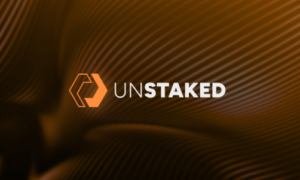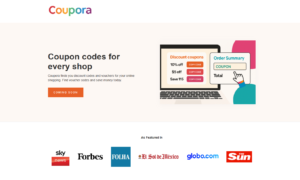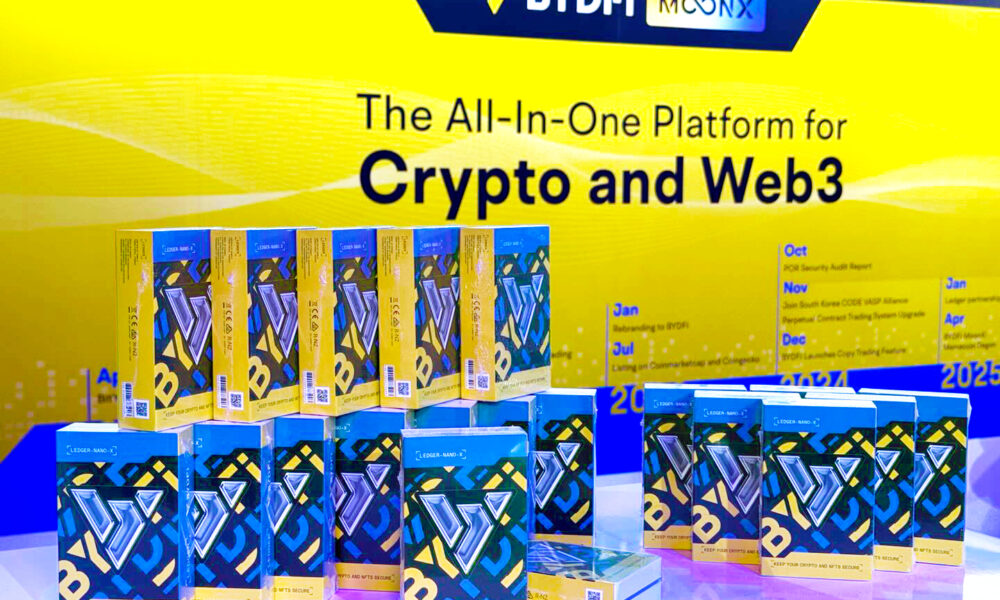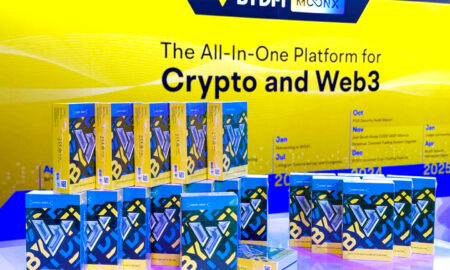Buy Now, Pay Later (BNPL) has become one of the most popular payment methods in recent years. Buyers appreciate the ability to receive goods or services immediately but pay later – flexible, easy, and without any immediate financial burden. The financial technology landscape is experiencing a revolutionary shift with the emergence of Buy Now, Pay Later services in the B2B sector.
While BNPL has been used almost exclusively in the B2C sector, this payment method is increasingly in demand in the B2B sector as well. As B2B commerce becomes more digitized, the demand for flexible, digital payment options is growing. Today, purchase on invoice is the most popular B2B payment method.
BNPL addresses the needs of B2B businesses
As the B2B market grows, so does the demand for flexible payment methods. Payments are a big part of the B2B buyer experience. However, the transition to B2B BNPL introduces a different set of dynamics. Unlike B2C, where the focus is on individual consumer behavior, BNPL for B2B services addresses the needs of businesses with larger transaction volumes, longer payment terms, and more complex credit assessments.
While consumer BNPL often works with small amounts and short payment terms, B2B BNPL is much more complex. Transaction amounts are higher, payment terms are often longer – and the risks for sellers increase. This shift requires a robust technology infrastructure to handle the intricacies of business transactions.
The demand for flexible payment methods in B2B is growing
The B2B market is growing – and with it the demand for flexible payment methods. For decades, invoice purchase has been one of the most commonly used payment methods in traditional offline B2B commerce. Companies order goods or services and pay after a certain period – usually 30, 60 or 90 days later.
With the increasing shift of B2B business to e-commerce, however, payment behavior has also changed. Business customers now expect a digital and seamless payment experience, just as they do for their personal purchases. While consumer BNPL often works with small amounts and short payment terms, B2B is much more complex. Transaction amounts are higher, payment terms are often longer – and the risks for sellers increase. This is where BNPL solutions come in, making invoice purchases and a wide range of payment options for businesses more secure and efficient.
Advantages of purchasing on invoice
The adoption of B2B BNPL services such as purchase on invoice brings several benefits to businesses:
– Improved cash flow management: By allowing businesses to defer payments, BNPL services help manage cash flow more effectively. Sellers enjoy upfront payments from the BNPL provider, while buyers can receive their purchases before they have to pay for them.
– Increased conversion rates and sales: BNPL can increase customer willingness to buy, resulting in higher sales. Competitive advantage: Offering BNPL can differentiate a vendor from the competition and attract new customers.
– Removing the risk of default payments and outsourcing: Specialised BNPL partners protect businesses from the risk of non-payment, offer real-time credit checks and improve the customer checkout experience.
– Strengthened relationships: Offering flexible payment terms can strengthen relationships with suppliers and key decision-makers by providing them with predictable cash flow and reducing supplier risk.
– Improved customer loyalty and retention: When it comes to rewarding customers, B2B web shops can take a cue from their B2C counterparts, who have long linked payments to loyalty programs to increase customer retention and keep customers loyal.
In conclusion, the emergence of B2B BNPL services represents a significant evolution in the fintech sector, especially in Europe where business efficiency and innovation are highly valued and gaining popularity in more digital markets such as the UK, the Nordics and the Netherlands as well as in traditional markets such as Austria, Germany and Italy, that understand the need to digitize B2B sales.
Providers like Mondu are not only facilitating easier financial transactions but also contributing to a more dynamic and resilient business ecosystem across Europe. It will be fascinating to see how technology continues to shape and enhance these financial tools, making them indispensable to modern businesses as the sector continues to grow.
And if a client is not paying (Article in German) the invoice, the merchant need not make any worries. The BNPL service provider takes care of all credit management, including payment collection. A good provider works professionally and in a customer-oriented manner so as not to put a strain on the relationship between the merchant and the buyer.
BNPL is the future of B2B payments
Over the past few years, the buying and selling of B2B products has undergone a massive transformation, driven by digitization and the rising expectations of buyers for a consumer-like experience. Mondu’s B2B-focused BNPL solution seeks to differentiate itself by offering a unique service designed to fit seamlessly into daily business operations, including an average 57% increase in customer basket size driving repeat purchases and growth.
Merchants can offer their customers flexible deferred payment options without having to worry about the complex operational burden of risk assessment, settlement and dunning. Mondu also improves the cash flow of merchants and marketplaces through upfront payments, allowing them to focus on their core business.



































